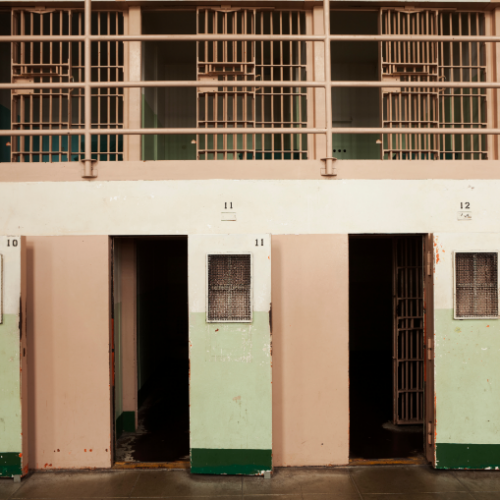This Second Chance Month, The Council of State Governments Justice Center staff asked elected leaders across the country why reentry is important to them and the communities they govern. Below, find U.S. Senator Patrick Leahy’s (D-VT) reasons why #ReentryMatters.
What does reentry mean to you?
Reentry means people leaving incarceration have a genuine opportunity to succeed. It means housing, gainful employment, treatment, counseling, and other support services are available. It means families are stronger and communities are safer.
In the past decade, what specific progress would you point to regarding reentry?
Over the last decade, Congress has made it increasingly clear there is bipartisan interest in affording people who have been involved with the justice system with second chances. The Second Chance Reauthorization Act, sponsored by Senator Rob Portman and me, passed in December 2018 as part of the First Step Act. This legislation extends and improves the historic Second Chance Act, which was first signed into law more than a decade ago in 2008. Since then, more than 850 grants have been awarded and more than 164,000 individuals have participated in reentry programs. And since I became vice chairman of the Appropriations Committee in 2017, we have secured a 30 percent increase, nearly $20 million, for the Second Chance Act funding.
We are also beginning to make progress in reducing barriers to education for people who are formerly incarcerated, although much work remains. Beginning on August 1 of this year, following pressure from civil rights and education advocates as well as Congress, the Common Application will remove the criminal history question from the “common” portion of its application.
What issue—or issues—related to reentry do you want to address in 2019?
I would like Congress to focus more on employment and housing barriers, as well as voter disenfranchisement, as so much work needs to be done in those areas.
I would also like Congress to take a “second step” toward meaningful criminal justice reform, building off of the momentum of the First Step Act. In February, Senator Rand Paul and I introduced the Justice Safety Valve Act, which would afford judges additional discretion when sentencing people to mandatory minimums. When someone remains in prison for longer than either public safety or common sense requires, it becomes harder for them to maintain close relationships with their families and to reintegrate into their communities.
Why should an average citizen, not necessarily connected to any part of the criminal justice system, care about reentry?
The vast majority of people in our criminal justice system will one day be released. We all have a stake in ensuring they can succeed. It reduces recidivism and saves money. It’s also just the right thing to do.
If you could say something directly to a person on the verge of leaving prison or jail and reentering society, what would you tell them?
I would tell them they’re not alone. Nothing will be easy—there will be setbacks—but there are many people, both near and far, like me who want them to succeed and are working to ensure they have a real opportunity to do so.
A positive school experience, where a child feels secure, is essential for their well-being. However, for many children…
Read More The Path to Statewide Community Crisis Response in New Jersey: A Community Advocate’s Perspective
Read More
The Path to Statewide Community Crisis Response in New Jersey: A Community Advocate’s Perspective
Read More
 Supporting Children of Incarcerated Parents: Reimagining School and Community Collaboration
Supporting Children of Incarcerated Parents: Reimagining School and Community Collaboration
A positive school experience, where a child feels secure, is essential for…
Read More Bridging Communities and Correctional Systems: Q&A with CSG Justice Center Advisory Board Member Commissioner Nicholas Deml
Read More
Bridging Communities and Correctional Systems: Q&A with CSG Justice Center Advisory Board Member Commissioner Nicholas Deml
Read More
 Assigned to the Cloud Crew: The National Incarceration Association’s Hybrid Case Management for People with Behavioral Health Needs
Assigned to the Cloud Crew: The National Incarceration Association’s Hybrid Case Management for People with Behavioral Health Needs
When returning to their communities from criminal justice settings, people with behavioral…
Read More Meet the Medicaid and Corrections Policy Academy Mentor States
Meet the Medicaid and Corrections Policy Academy Mentor States
New Hampshire Department of Corrections Commissioner Helen Hanks presents at the Medicaid…
Read More










